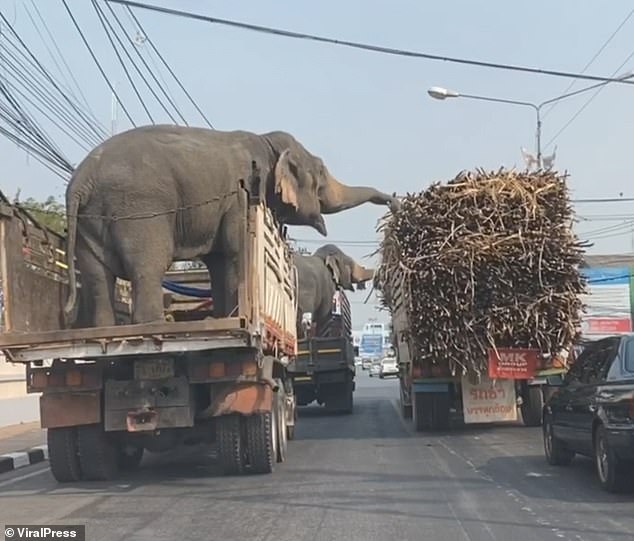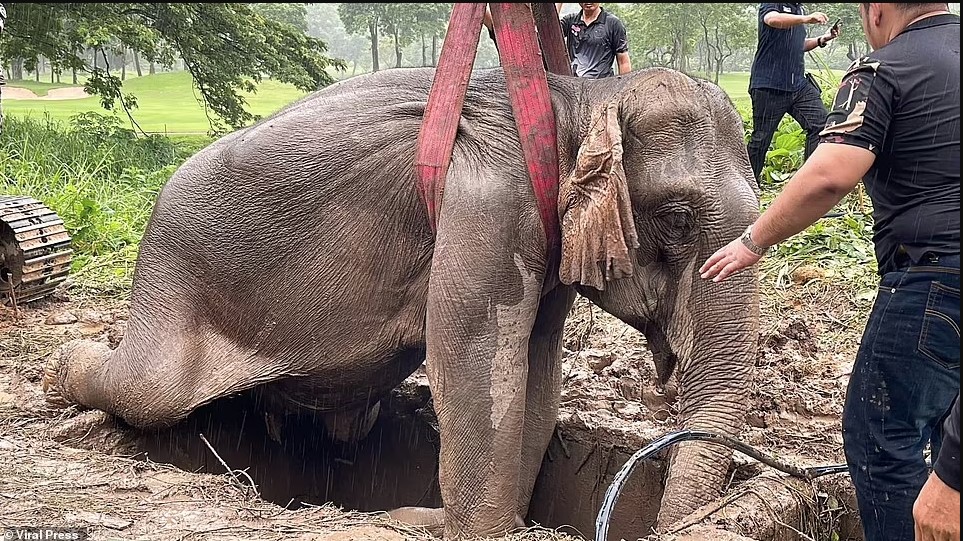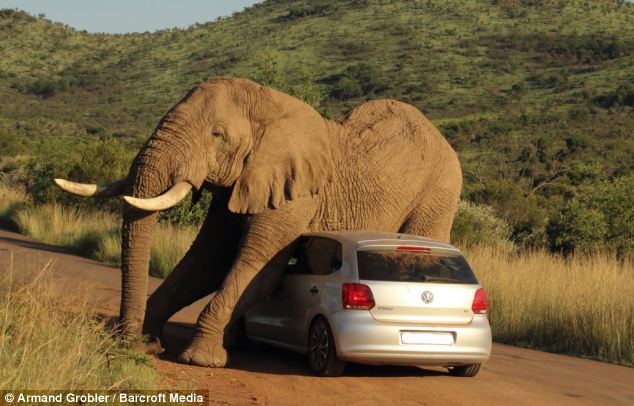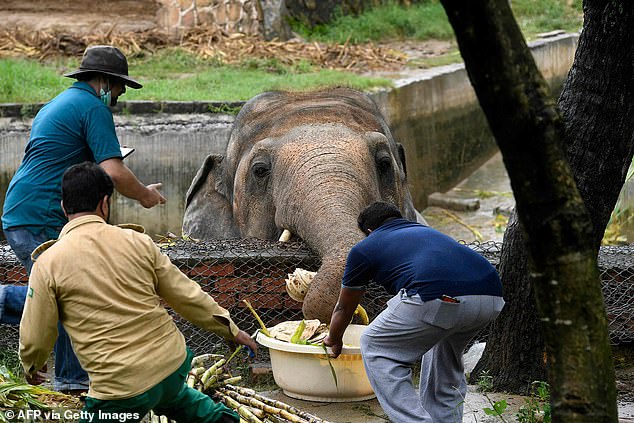Pangolins remain one of the world’s most trafficked mammals, and their future rests largely on the decisions of governments and wildlife authorities as well as the dedicated work carried out by conservationists on the ground working to save these imperilled anteaters. Earlier this month, the team from Wildlife Friends Foundation Thailand (WFFT) successfully released a Sunda pangolin back into the wild after the animal was rescued from the black market.
 Image © WFFT/Amy Jones
Image © WFFT/Amy Jones Image © WFFT/Amy Jones
Image © WFFT/Amy Jones
The pangolin was brought to Thailand’s first-ever wildlife hospital, run by WFFT, for assessment after the animal was discovered for sale. Time is of the essence when to comes to pangolin rescues as these unique animals typically do not do well in captivity and may quickly succumb to dehydration and stress.
Pangolins are insect-eating mammals from Asia and Africa known for their armoured coat of overlapping scales that help protect against attacks from predators. The only mammals to sport this scaly exterior, pangolins are also equipped with sharp claws for digging out ants, termites and larvae and a long, sticky tongue for scooping them up.
There are eight known species of pangolins in the world, four that live in Africa and four in Asia, and all of them are threatened by rampant poaching.
 Image © WFFT/Amy Jones
Image © WFFT/Amy Jones Image © WFFT/Amy Jones
Image © WFFT/Amy Jones
The rescued animal brought into WFFT’s care is believed to be a Sunda (or Malayan) pangolin, a critically endangered species found throughout Southeast Asia. Like all pangolins, these animals are sought after for their meat, which is considered a delicacy in some countries, and their scales, which are used in Asian traditional medicine despite there being no evidence of their medicinal efficacy.
After a thorough checkup, the rescued pangolin was deemed fit for release. The team selected a large patch of forest in a nearby national park and placed the animal beside a termite nest in the hopes of helping it settle in.
WFFT are hopeful that stories like this will assist in raising awareness of the plight of these animals as well as highlighting the importance of protecting them. “It’s estimated that at least one pangolin is killed every hour in Asia,” explains Tom Taylor, Project Director at WFFT. “That makes a release like this one so important to help protect pangolins in Thailand, and preserve their population for future generations.”
 Image © WFFT/Amy Jones
Image © WFFT/Amy Jones Image © WFFT/Amy Jones
Image © WFFT/Amy Jones Image © WFFT/Amy Jones
Image © WFFT/Amy Jones








